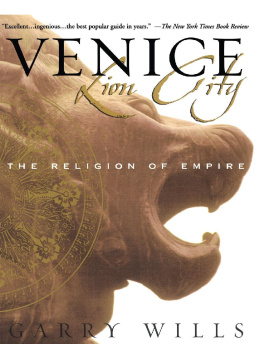Early Medieval Venice
Early Medieval Venice examines the significant changes that Venice underwent between the late-sixth and the early-eleventh centuries. From the periphery of the Byzantine Empire, Venice acquired complete independence and emerged as the major power in the Adriatic area. It also avoided absorption by neighbouring rulers, prevented serious destruction by raiders, and achieved a stable state organization, all the while progressively extending its trading activities to most of northern Italy and the eastern Mediterranean. This was not a linear process, but the Venetians obtained and defended these results with great tenacity, creating the foundations for the remarkable developments of the following centuries.
This book presents the most relevant themes that characterized Venice during this epoch, including war, violence, and the manner in which others were perceived. It examines how early medieval authors and modern scholars have portrayed this period, and how they were sometimes influenced by their own present in their reconstruction of the past.
Luigi Andrea Berto is Professor of Medieval History at Western Michigan University, USA. His research focuses on medieval Italy and the Mediterranean, and the relationships between Christians and Muslims.
Studies in Medieval History and Culture
Recent titles include
Travel, Pilgrimage and Social Interaction from Antiquity to the Middle Ages
Edited by Jenni Kuuliala and Jussi Rantala
Christians and Muslims in Early Medieval Italy
Perceptions, Encounters, and Clashes
Luigi Andrea Berto
Margarets Monsters
Women, Identity, and the Life of St Margaret in Medieval England
Michael E. Heyes
Supernatural Encounters
Demons and the Restless Dead in Medieval England, c.10501450
Stephen Gordon
Ancestor Worship and the Elite in Late Iron Age Scandinavia
A Grave Matter
Triin Laidoner
Warfare and the Making of Early Medieval Italy (568-652)
Eduardo Fabbro
Rethinking Medieval Margins and Marginality
Edited by Ann E. Zimo, Tiffany D. Vann Sprecher, Kathryn Reyerson and Debra Blumenthal
English Readers of Catholic Saints
The Printing History of William Caxtons Golden Legend
Judy Ann Ford
Early Medieval Venice
Cultural Memory and History
Luigi Andrea Berto

First published 2021
by Routledge
2 Park Square, Milton Park, Abingdon, Oxon OX14 4RN
and by Routledge
52 Vanderbilt Avenue, New York, NY 10017
Routledge is an imprint of the Taylor & Francis Group, an informa business
2021 Luigi Andrea Berto
The right of Luigi Andrea Berto to be identified as author of this work has been asserted by him in accordance with sections 77 and 78 of the Copyright, Designs and Patents Act 1988.
All rights reserved. No part of this book may be reprinted or reproduced or utilised in any form or by any electronic, mechanical, or other means, now known or hereafter invented, including photocopying and recording, or in any information storage or retrieval system, without permission in writing from the publishers.
Trademark notice: Product or corporate names may be trademarks or registered trademarks, and are used only for identification and explanation without intent to infringe.
British Library Cataloguing-in-Publication Data
A catalogue record for this book is available from the British Library
Library of Congress Cataloging-in-Publication Data
Names: Berto, Luigi Andrea, author.
Title: Early medieval Venice : cultural memory and history / Luigi Andrea Berto.
Description: New York : Routledge, [2021] | Series: Studies in medieval history and culture | Includes bibliographical references and index.
Identifiers: LCCN 2020013087 (print) | LCCN 2020013088 (ebook) | ISBN 9780367900564 (hardback) | ISBN 9781003022169 (ebook) Subjects: LCSH: Venice (Italy)History697-1508. | ViolenceItalyVenetoHistoryTo 1500.
Classification: LCC DG677 .B459 2021 (print) | LCC DG677 (ebook) | DDC 945/.31102dc23
LC record available at https://lccn.loc.gov/2020013087
LC ebook record available at https://lccn.loc.gov/2020013088
ISBN: 978-0-367-90056-4 (hbk)
ISBN: 978-1-003-02216-9 (ebk)
are a revised version in English of La guerra, la violenza, gli altri e la frontiera nella Venetia altomedievale (Pisa: Pisa University Press, 2016).
Contents
I wish to thank Michael Greenwood for accepting this volume for publication; the staff at Routledge, Delphine, Stefano Trovato, Susan Shapiro, Jason Glatz, Madison Prall, and Matthew Trojacek for their help.
have been published in Haskins Society Journal 28 (2016), Al-Masq: Journal of the Medieval Mediterranean, 28, 2 (2016), and Mediterranean Studies, 23, 1 (2015).
MGH = Monumenta Germaniae Historica
Between the late sixth century and the early eleventh, Venice underwent huge changes. From a periphery of the Byzantine Empire, Venice acquired complete independence and emerged as the major power in the Adriatic area. Moreover, in this period the Venetians, while avoiding being absorbed by neighboring rulers and undergoing serious destruction by raiders, progressively extended their trading activities to most of northern Italy and the eastern Mediterranean, and achieved a stable state organization. This was not a linear process, but the Venetians obtained and defended these results with great tenacity, thus creating the foundations for the remarkable developments of the following centuries. This volume presents the most relevant themes that characterized Venice in that epoch: war; violence; the manner in which others were perceived; what was known about them; and the frontier, focusing in particular on how early medieval authors and modern scholars portrayed that period and were, sometimes, influenced by their present in their reconstruction of the past.
Because the Istoria Veneticorum (History of the Venetians) by John the Deacon, the main source for the history of early medieval Venice, will be used often in this volume, I believe it is useful to include some information about this text.
This chronicle has no dedication, prologue, or title
As Deacon John appears for the first time in a document dated 995 a date believed to coincide with his first diplomatic position it has been supposed that in that period he was between 25 and 30 years old. He would therefore have been born sometime around 965970
The History of the Venetians reports events beginning from the Lombard invasion of Italy in 568/569, which forced a part of the northeastern Italian population to flee to the Venetian lagoon, The main thread of the work is the narration of what took place during the rule of each duke, but there are also references to episodes not concerning Venetian history.
As for the part of the chronicle from its beginning up to the election of Duke Maurice (ca. 764), one should take into account that it is missing in the earliest manuscript of the Istoria Veneticorum. Because most of the episodes about the period between the late sixth century and the beginning of the eighth century do not concern the history of Venice and have been copied from other sources, one suspects that the missing section does not correspond to the original text.

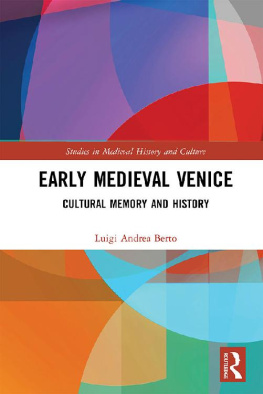


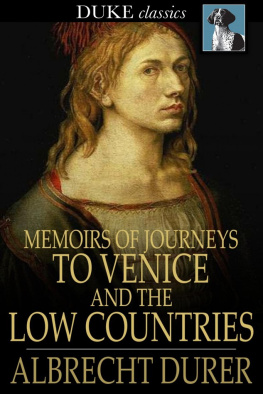
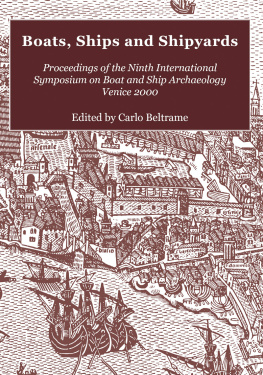
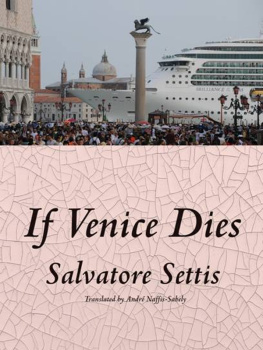

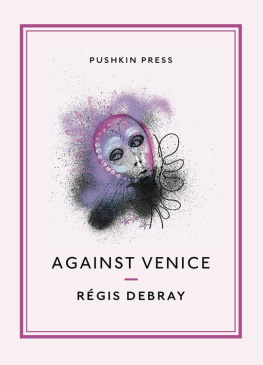
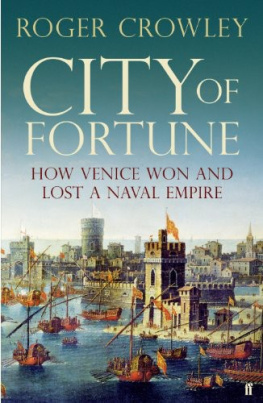
![Bosworth - Italian Venice: a history[Electronic book]](/uploads/posts/book/194557/thumbs/bosworth-italian-venice-a-history-electronic.jpg)
